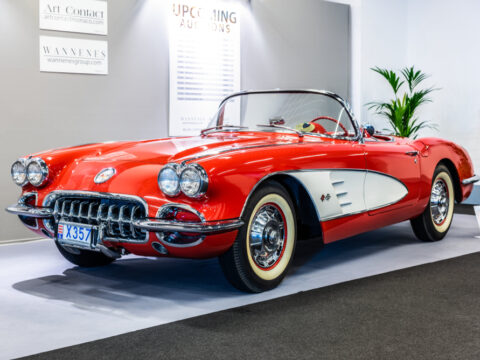The shift towards green energy in the automotive industry is accelerating, driven by companies committed to sustainable innovation. These key players are leading the charge, revolutionizing how we think about transportation and the environment. Their advancements in electric vehicle technology, renewable energy, and carbon reduction are paving the way for a greener future. Here’s a look at 15 companies at the forefront of this transformative movement.
Contents
Tesla

Tesla has been at the forefront of the electric vehicle revolution, setting benchmarks for performance, range, and autonomous driving capabilities. Its innovative battery technology and extensive Supercharger network have made EV ownership more accessible and convenient. With models like the Model S, Model 3, Model X, and Model Y, Tesla consistently tops sales charts, demonstrating consumer demand for sustainable vehicles. Beyond cars, Tesla’s commitment to sustainability extends to solar energy solutions and energy storage systems.
General Motors (GM)
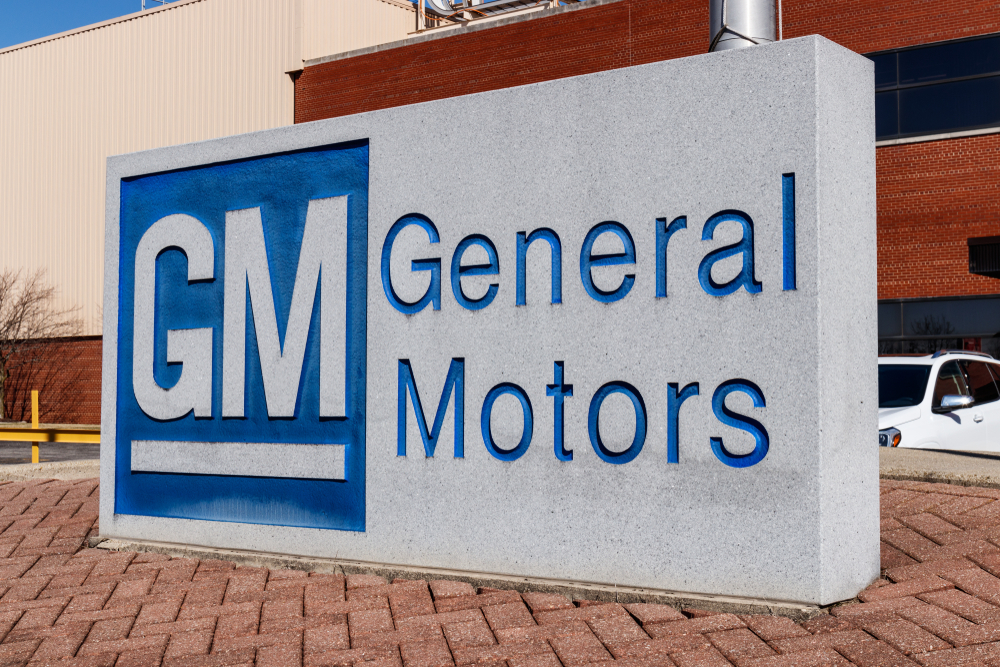
General Motors is making significant strides in its commitment to an all-electric future, aiming to phase out gasoline and diesel vehicles by 2035. The introduction of the Chevrolet Bolt and the upcoming electric Hummer highlight GM’s dedication to electrification. By investing heavily in battery technology and establishing new EV manufacturing facilities, GM is strategically pivoting towards green energy.
Volkswagen Group

Volkswagen Group is transforming its vehicle lineup with the ambitious ID. series, heralding a new era of electric mobility. The company’s dedication to carbon neutrality by 2050 drives extensive investments in EV technology and production. Volkswagen’s MEB platform, which supports a variety of electric models, enhances the appeal and accessibility of EVs. Furthermore, investments in renewable energy and EV charging infrastructure support Volkswagen’s sustainability goals.
Ford Motor Company
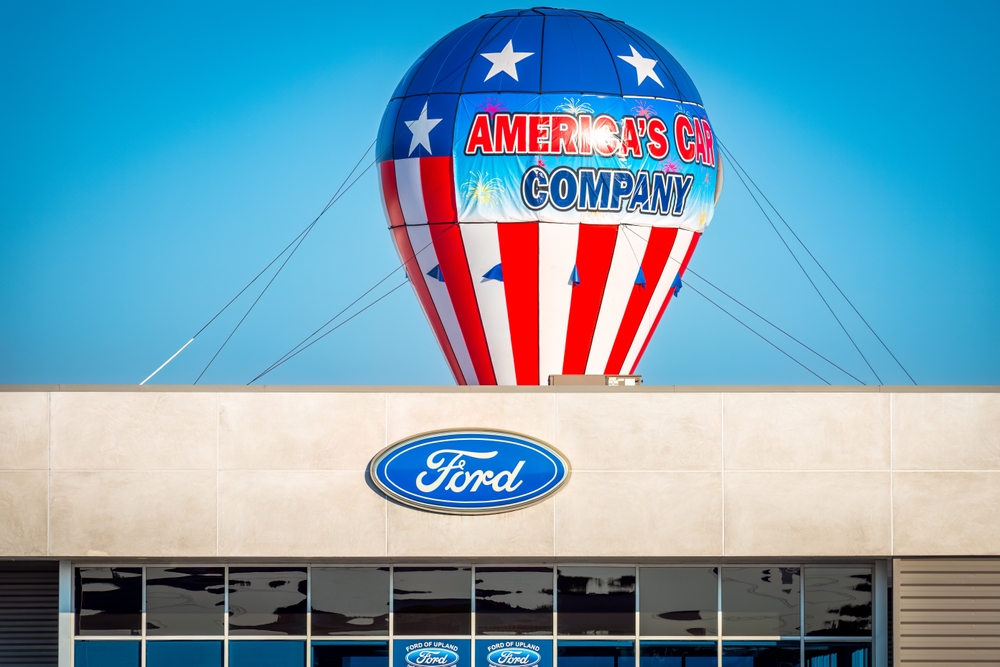
Ford Motor Company is rapidly expanding its electric vehicle offerings, with the Mustang Mach-E and the upcoming electric F-150 leading the charge. The company’s substantial investment in electrification includes the development of new battery technology and the construction of EV manufacturing facilities. Ford’s strategy integrates smart and sustainable technologies, aiming to provide reliable and high-performance electric vehicles.
Nissan

Nissan has been a pioneer in the electric vehicle market with the launch of the Nissan Leaf, one of the best-selling EVs globally. The company continues to innovate in battery technology and energy management systems, solidifying its position in the green energy sector. Expanding its EV lineup and enhancing its e-Power hybrid technology are key components of Nissan’s vision for a sustainable future.
BMW

BMW is leading the charge towards green energy with its i series, including the i3 and the i8, as well as its broader electric vehicle strategy. The company’s dedication to sustainability is evident in its comprehensive approach, sourcing renewable energy for production and recycling EV batteries. Innovations in battery technology and autonomous driving features reflect BMW’s focus on innovation.
Mercedes-Benz

Mercedes-Benz is accelerating its transition to electric mobility with the launch of its EQ series, featuring the EQC and the upcoming EQS. The company’s strategy includes significant investments in battery technology, EV manufacturing, and infrastructure development. Mercedes-Benz aims to achieve a carbon-neutral new car fleet by 2039, reflecting its dedication to sustainability.
Hyundai Motor Group

Hyundai Motor Group, encompassing Hyundai and Kia brands, is making substantial progress in the green energy sector with its diverse lineup of electric and hybrid vehicles. The company’s commitment to sustainability is showcased through investments in hydrogen fuel cell technology and battery electric vehicles. Developing the E-GMP platform, which supports a wide range of EV models, highlights Hyundai’s innovative approach.
Toyota

Toyota, known for its pioneering Prius hybrid, is expanding its efforts in the electric vehicle market with new EV models and plug-in hybrids. Investments in solid-state battery technology and hydrogen fuel cells reflect Toyota’s dedication to sustainability. Aiming to achieve carbon neutrality by 2050, Toyota’s commitment to a greener future is unwavering.
Honda

Honda is advancing its green energy initiatives with a focus on electric and hydrogen fuel cell vehicles. Introducing new EV models and expanding its hybrid lineup are central to Honda’s strategic vision. The company’s commitment to sustainability is demonstrated through investments in battery technology and renewable energy solutions.
Audi

Audi is transforming its vehicle portfolio with the e-tron series, which exemplifies the company’s commitment to electric mobility. Significant investments in battery technology, EV manufacturing, and infrastructure support Audi’s strategic goals. Audi’s vision for sustainability includes achieving a carbon-neutral vehicle fleet by 2050.
Porsche

Porsche is driving the transition to green energy with its Taycan electric sports car, which combines performance with sustainability. The company’s strategy includes expanding its electric vehicle lineup and investing in battery technology. Porsche’s goal is to achieve a carbon-neutral balance across its entire value chain by 2030, reflecting its commitment to reducing carbon emissions.
Volvo

Volvo is leading the green energy transition with its commitment to becoming a fully electric car company by 2030. Investments in battery technology and EV manufacturing are central to Volvo’s electrification strategy. Sourcing renewable energy for production and reducing emissions across its value chain reflect Volvo’s vision for sustainability.
Rivian
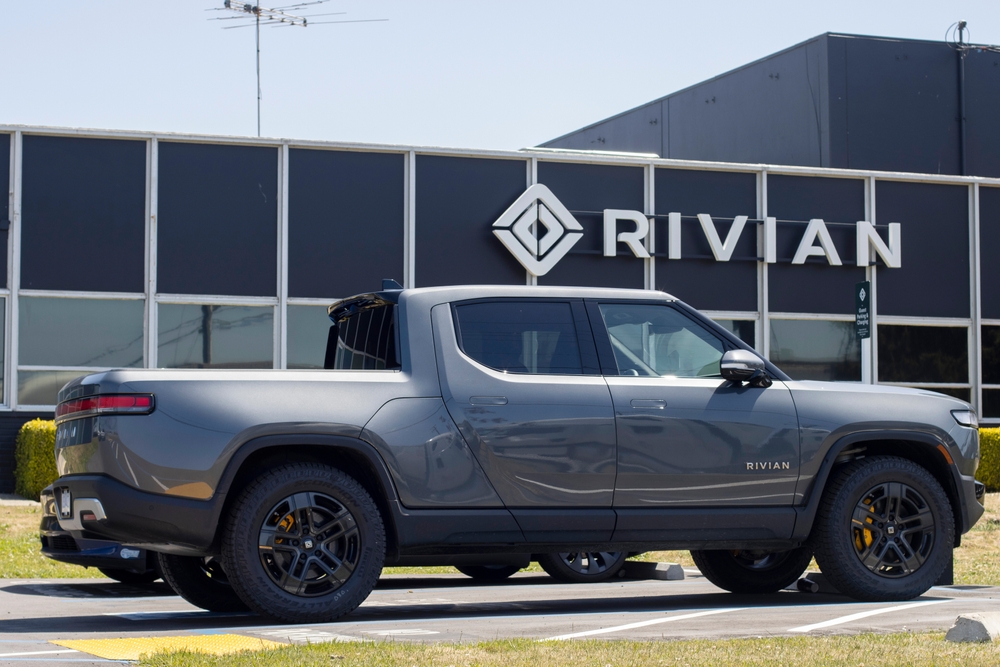
Rivian, an emerging player in the electric vehicle market, is making waves with its R1T electric pickup truck and R1S electric SUV. The company’s commitment to sustainability is reflected in its focus on adventure-ready electric vehicles that offer both performance and environmental benefits. Rivian’s innovative approach includes developing flexible battery architectures and advanced driver-assistance systems.
Lucid Motors
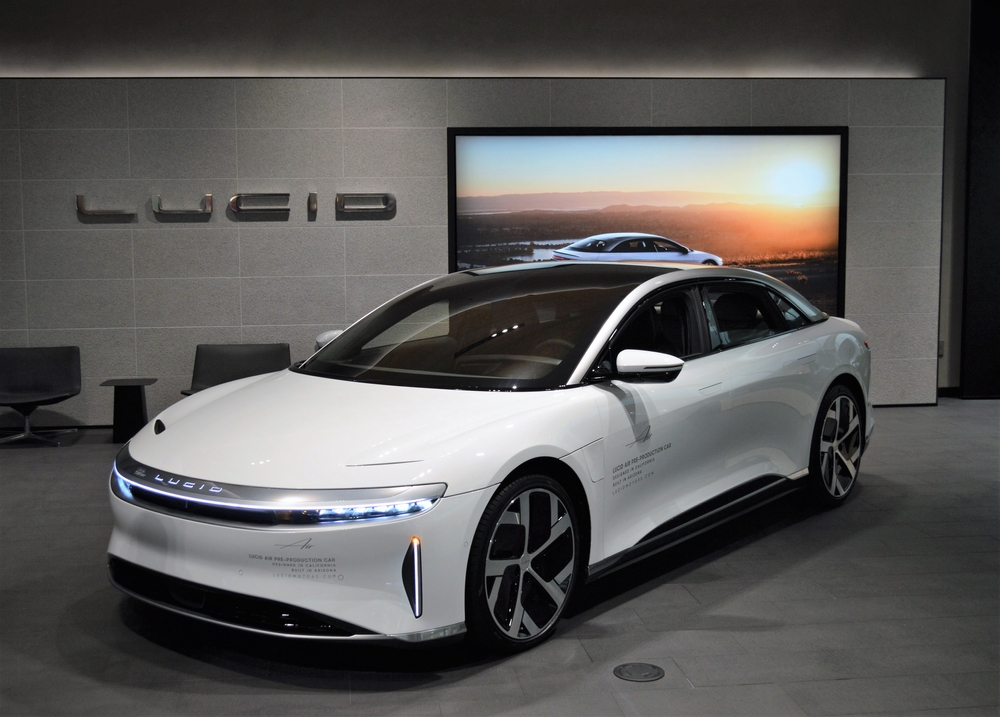
Lucid Motors is pushing the boundaries of electric vehicle technology with its luxury electric sedan, the Lucid Air. Advancements in battery efficiency, range, and performance highlight the company’s focus on innovation. Lucid Motors’ commitment to sustainability is demonstrated through its goal to deliver high-performance electric vehicles with minimal environmental impact.
This article originally appeared on MyCarMakesNoise.
More from MyCarMakesNoise
20 Worst Parts of Charging an EV You Should Know

Charging an electric car is essential for keeping it running, but it comes with its own set of challenges. From long wait times to limited charging infrastructure, these issues can be frustrating for electric vehicle owners. Read More
20 Restoration Secrets from Veteran Classic Car Collectors

Restoring a classic car is a rewarding endeavor, but it involves a lot more than just fixing up an old vehicle. Classic car collectors have valuable insights that can help you navigate the restoration process more effectively. Read More
20 Futuristic Car Designs That Didn’t Live Up to the Hype

Futuristic car designs often promise cutting-edge technology and groundbreaking aesthetics, but not all of them live up to the hype. Many ambitious concepts have fallen short of expectations, disappointing enthusiasts and buyers alike. Read More




